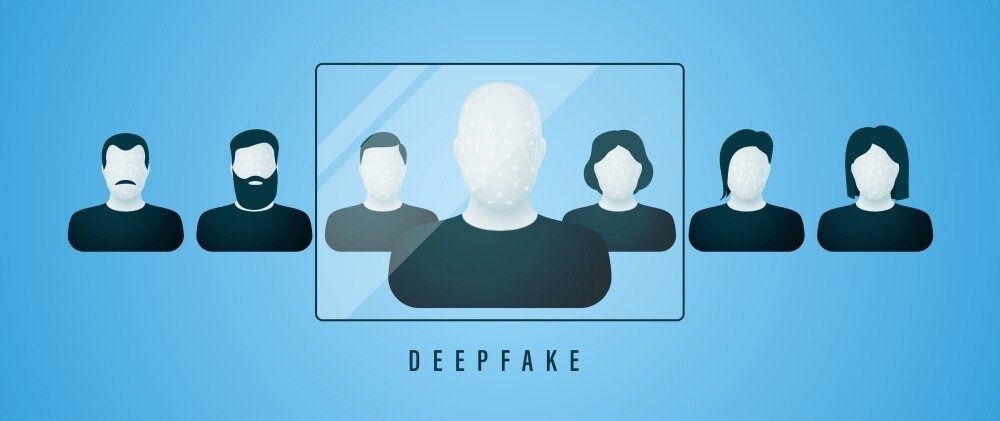“Mom, what have they done to me?”
According to the Washington Post (WP) on the 5th (local time), this September, Miriam Al-Adib Mendiri, who lives in Spain, saw her 14-year-old daughter anxiously waiting for her at home. Her daughter showed her nude photos of herself floating around online. She said her daughter had never taken pictures like this before and she was fidgety. When we checked with the police, it turned out that boys of the same age had done it. They took photos from her daughter’s social media and manipulated them into deepfake nude photos using artificial intelligence (AI)-based photo compositing technology.
Recently, teenagers have become victims of deepfakes overseas. Even in Korea, so-called ‘acquaintance humiliation’ photos that combine an acquaintance’s face with pornographic material are causing controversy on social media.
According to the Wall Street Journal (WSJ) on the 2nd, last month, second-grade male students at Westfield High School in New Jersey created deepfake photos of female students and shared them in a group chat. Dorota, the mother of victim Francesca Mani (14), told WSJ, “My daughter has a bright future, but I cannot guarantee that this will not affect her professionally, academically, or socially.”
According to data from the Federal Bureau of Investigation (FBI) reported by Fox News, the number of sexual crimes caused by deepfake photos increased by 322% from February of last year to February of this year compared to the same period last year. WP reported that deepfake posts on the top 10 websites that post adult content have increased by more than 290% since 2018.
WSJ reported, “Until a few years ago, you needed a computer to composite photos, but now all you need is an iPhone.” On portal sites, you can easily find a smartphone application (app) that allows you to create deepfake photos used by American teenagers.
However, there is no way to prevent deepfake damage. According to WP, “There is no federal law regulating deepfakes, and only a few states have enacted related regulations.” There are only nine states, including Virginia, California, Minnesota, and New York, that have enacted laws banning the distribution of deepfakes or allowing victims to sue deepfake creators. The executive order containing AI regulations signed by President Joe Biden on the 30th of last month only recommends adding watermarks to photos and videos created using AI.
Source: Donga
Mark Jones is a world traveler and journalist for News Rebeat. With a curious mind and a love of adventure, Mark brings a unique perspective to the latest global events and provides in-depth and thought-provoking coverage of the world at large.




